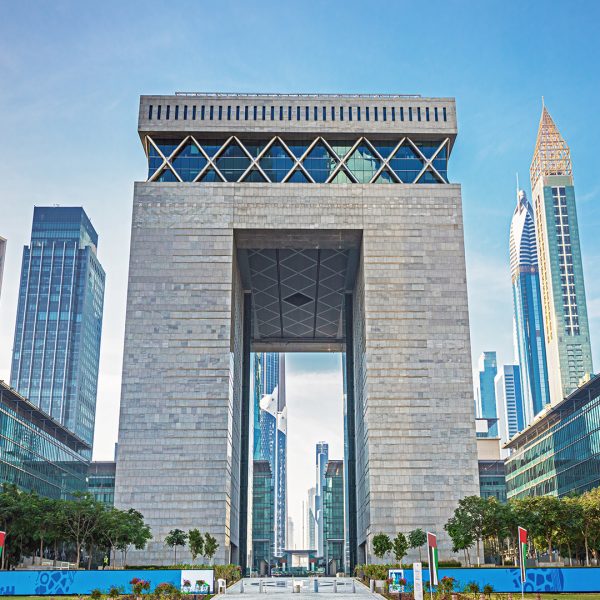Overview of the Legal and Regulatory Framework in DIFC
Dubai International Financial Centre (DIFC) is a leading financial hub in the Middle East, providing a platform for businesses to operate and thrive in a well-regulated environment. The legal and regulatory framework in DIFC is designed to ensure transparency, stability, and investor protection. In this article, we will provide an overview of the legal and regulatory framework in DIFC, highlighting its key features and benefits.
One of the key aspects of the legal and regulatory framework in DIFC is the DIFC Laws and Regulations. These laws and regulations are based on common law principles and are enacted by the DIFC Authority, the independent body responsible for the administration and enforcement of the DIFC laws. The DIFC Laws and Regulations cover a wide range of areas, including corporate law, commercial transactions, employment law, and property law, among others.
The DIFC Courts, another important component of the legal and regulatory framework, are an independent judicial system that operates within DIFC. The DIFC Courts have exclusive jurisdiction over all civil and commercial matters arising within DIFC, and their judgments are enforceable both within and outside of DIFC. The DIFC Courts are known for their efficiency, transparency, and adherence to international standards of justice.
To further enhance the legal and regulatory framework, DIFC has established various regulatory bodies. The Dubai Financial Services Authority (DFSA) is the independent regulator responsible for overseeing and regulating all financial services conducted within DIFC. The DFSA ensures that financial institutions operating in DIFC comply with international best practices and standards, thereby promoting investor confidence and protecting the integrity of the financial system.
In addition to the DFSA, DIFC has also established the Registrar of Companies (ROC) and the Dubai International Arbitration Centre (DIAC). The ROC is responsible for the registration and licensing of companies operating within DIFC, while the DIAC provides a platform for the resolution of commercial disputes through arbitration. These regulatory bodies play a crucial role in maintaining the integrity and efficiency of the business environment in DIFC.
One of the key benefits of the legal and regulatory framework in DIFC is the certainty and predictability it provides to businesses. The DIFC Laws and Regulations are well-drafted and regularly updated to reflect international best practices and standards. This ensures that businesses operating in DIFC have a clear understanding of their rights and obligations, reducing the risk of legal disputes and promoting a favorable business environment.
Furthermore, the legal and regulatory framework in DIFC is designed to attract foreign investment. DIFC offers a number of incentives and benefits to businesses, including 100% foreign ownership, zero tax on corporate income and profits, and no restrictions on the repatriation of capital and profits. These incentives, coupled with the robust legal and regulatory framework, make DIFC an attractive destination for businesses looking to establish a presence in the Middle East.
In conclusion, the legal and regulatory framework in DIFC is a key factor in its success as a leading financial hub. The DIFC Laws and Regulations, along with the DIFC Courts and various regulatory bodies, provide businesses with a transparent, stable, and investor-friendly environment. The certainty and predictability offered by the legal and regulatory framework, coupled with the incentives and benefits provided by DIFC, make it an ideal destination for businesses looking to operate in the Middle East.



